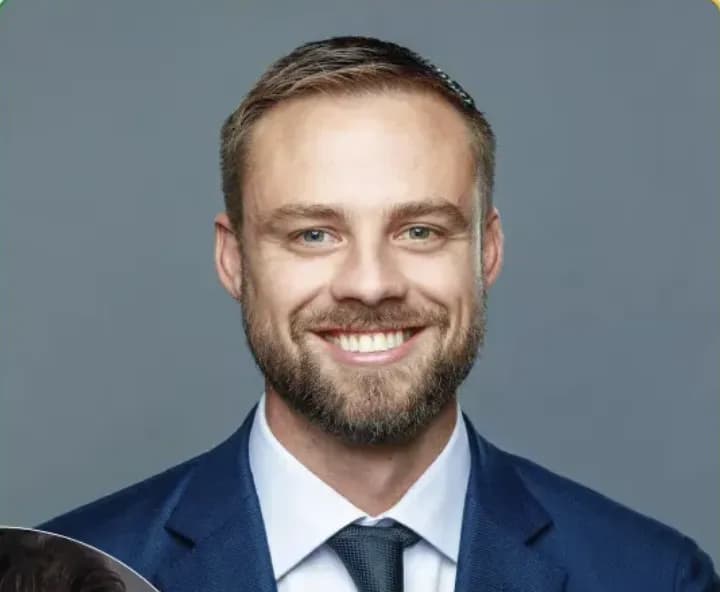Jerry West: The Man Beyond ‘The Logo’

While Jerry West is widely recognized as “The Logo” for being the silhouette that represents the NBA, his legacy is far richer and more nuanced. In 2011, when West’s statue was unveiled outside the Staples Center, Bill Russell emphasized, “As you all know, Jerry is the logo man, but to us [players], Jerry was not a silhouette. He was a man with a soul.”
Jerry West, who passed away at the age of 86, had several nicknames throughout his career. Elgin Baylor, his teammate for 12 years, called him “Tweety Bird” due to his high-pitched voice and West Virginia accent. “Zeke from Cabin Creek” was another nickname, which he disliked because he was actually from Chelyan, not Cabin Creek. He loathed “Louella” even more, a nod to gossip columnist Louella Parsons, referencing West’s love for conversation. However, his most enduring nickname, “Mr. Clutch,” was given by the legendary Lakers announcer Chick Hearn, perfectly capturing West’s knack for performing under pressure.
“Mr. Clutch” encapsulates West’s career perfectly, especially for those who faced him. Oscar Robertson, in his memoir, praised West as the best clutch player he ever saw, highlighting his incredible shooting and competitive nature. Robertson noted that West’s ability to excel in crucial moments was unparalleled and that his intense desire to win often transformed him.
One of West’s most iconic moments came during the 1970 NBA Finals, when he made a 60-foot buzzer-beater against the New York Knicks. Knicks guard Clyde Frazier remembered thinking, “The man’s crazy,” yet saw West’s determination. Despite scoring 15 of his 34 points in the fourth quarter and playing all 53 minutes with a jammed thumb, West was disheartened by the overtime loss, saying, “It doesn’t really matter, does it, because we lost.”
Pat Riley, who both played with and coached under West, remarked that while Michael Jordan might have been more athletic, there wasn’t a better clutch player in NBA history than West. Despite winning an NBA championship in 1972, West often felt the sting of losing more intensely than the joy of victory, as evidenced by his seven Finals losses before his championship win. In the 1969 Finals, despite his heroic efforts, including a 53-point Game 1 and a valiant Game 7 performance, the Lakers fell to the Celtics. West’s performance earned him the NBA’s first Finals MVP award, making him the only player to win it from the losing team.
West’s memoir, “West by West: My Charmed, Tormented Life,” reveals his lifelong struggle with depression and self-doubt. Fred Schaus, who coached West in college and the NBA, described him as a “complicated, wound-up spring.” Despite his high-strung nature, West thrived in high-pressure situations, relishing the opportunity to take the last shot.
West’s legendary status is cemented by his numerous clutch performances. In the 1965 series against the Baltimore Bullets, he averaged 46.3 points and scored over 40 points in each game. His 52-point game and game-winning plays were testaments to his clutch gene. Other notable moments include his decisive shots in playoff games against the Detroit Pistons, the St. Louis Hawks, and during the 1966 Finals.
In 1972, even when his shooting faltered in the playoffs, West’s late-game heroics helped the Lakers overcome deficits and secure victories. Bob Cousy summed it up well, noting that West’s talent and ability to perform under pressure made him “Mr. Clutch.”
In recognition of his legacy, the NBA named him the Clutch Player of the Year after West during the 2022–23 season. DeMar DeRozan and De’Aaron Fox, recent recipients of the award, have proudly taken home the Jerry West Trophy.
West’s post-playing career was equally illustrious, with successful stints as a coach and executive. Despite his intensity and drive remaining undiminished, West maintained that the fierce desire to compete was a private, internal fire.
In “West by West,” he reflects on his early days, shooting hoops alone in Chelyan, West Virginia, where his love for the game and clutch moments began. He cherished the sound of the ball swishing through the net, symbolizing his lifelong passion and dedication to basketball.





